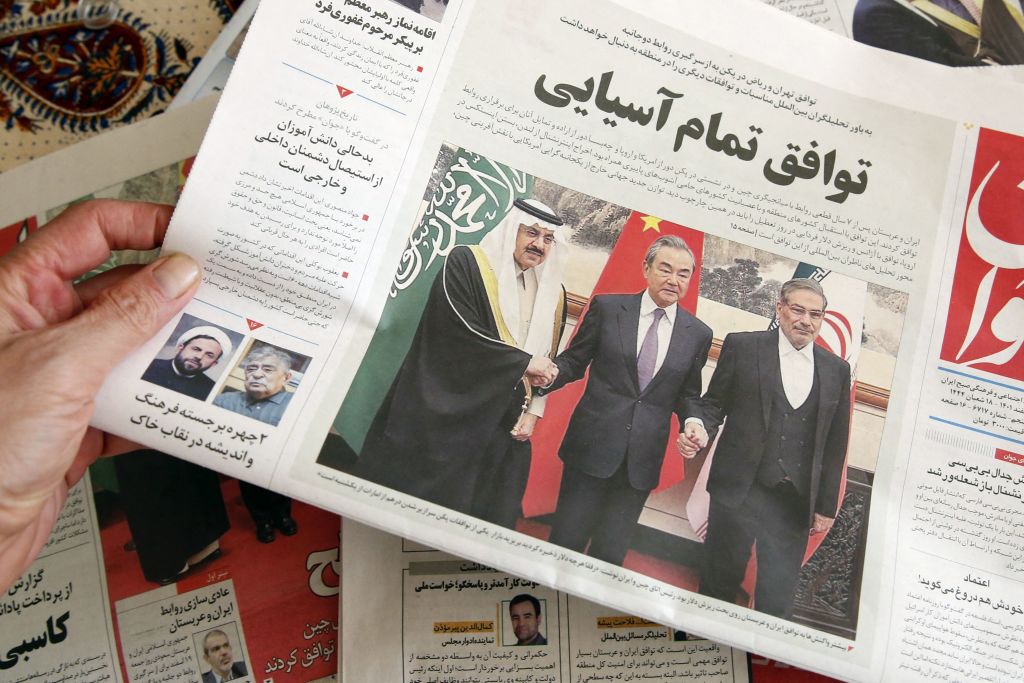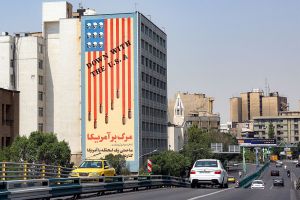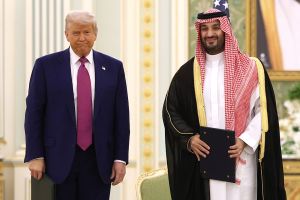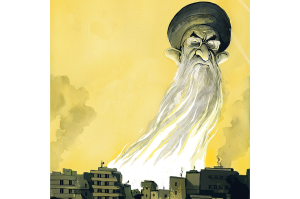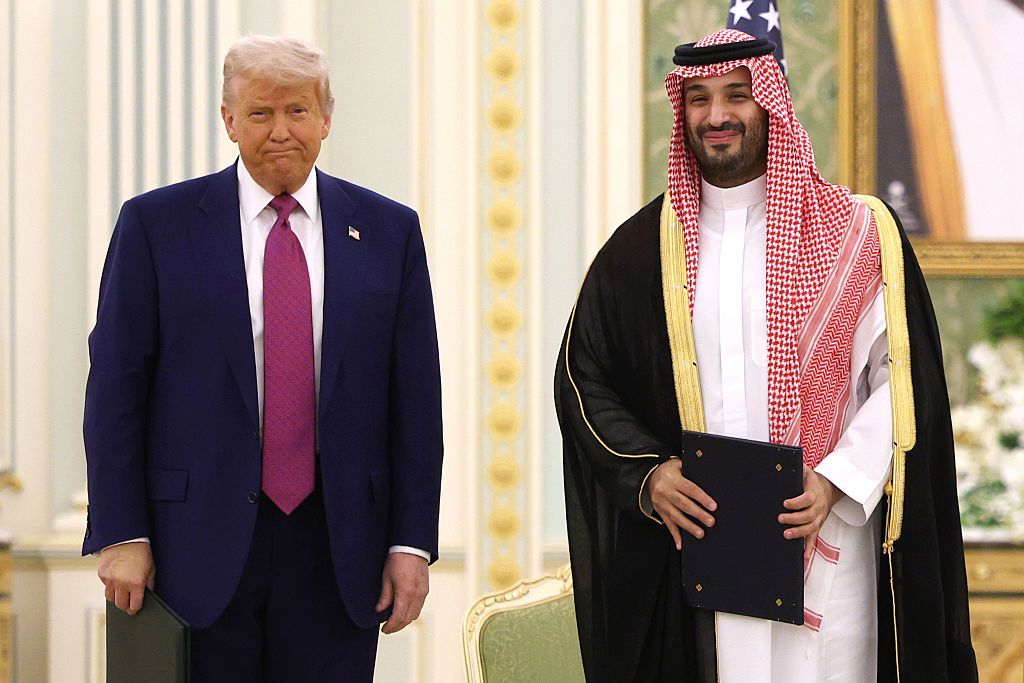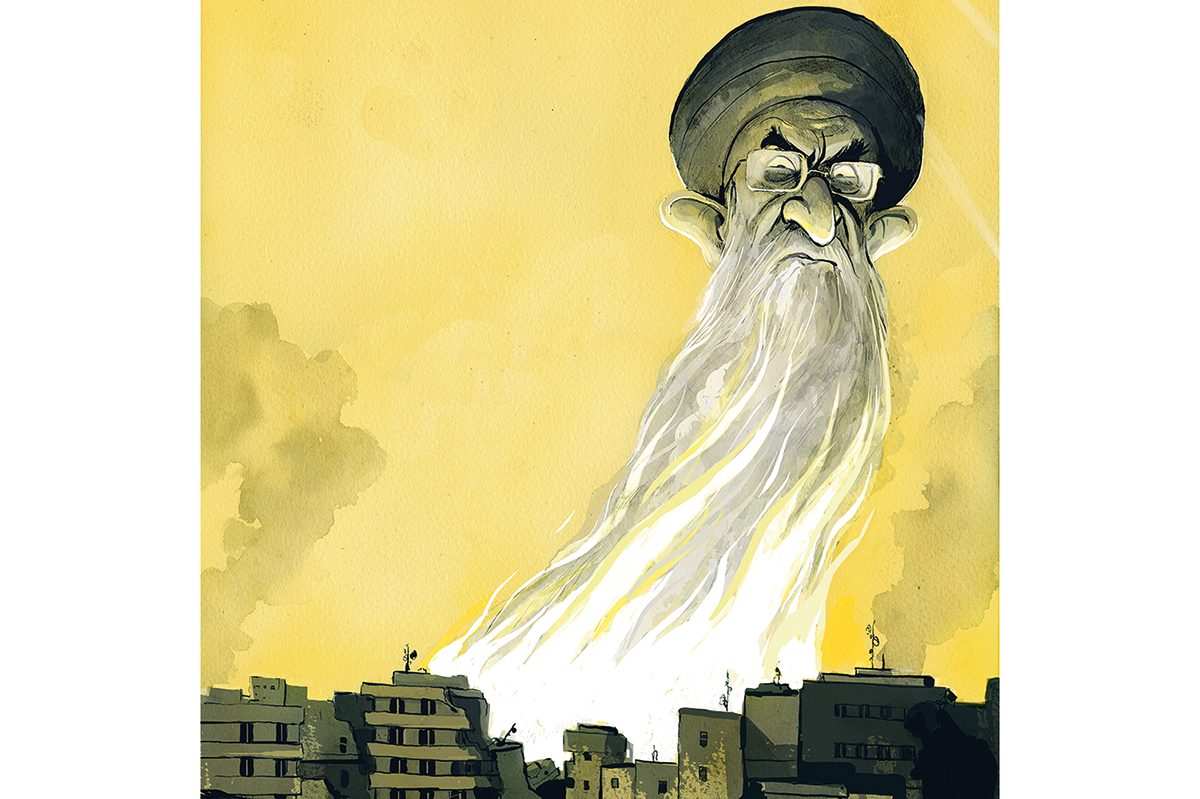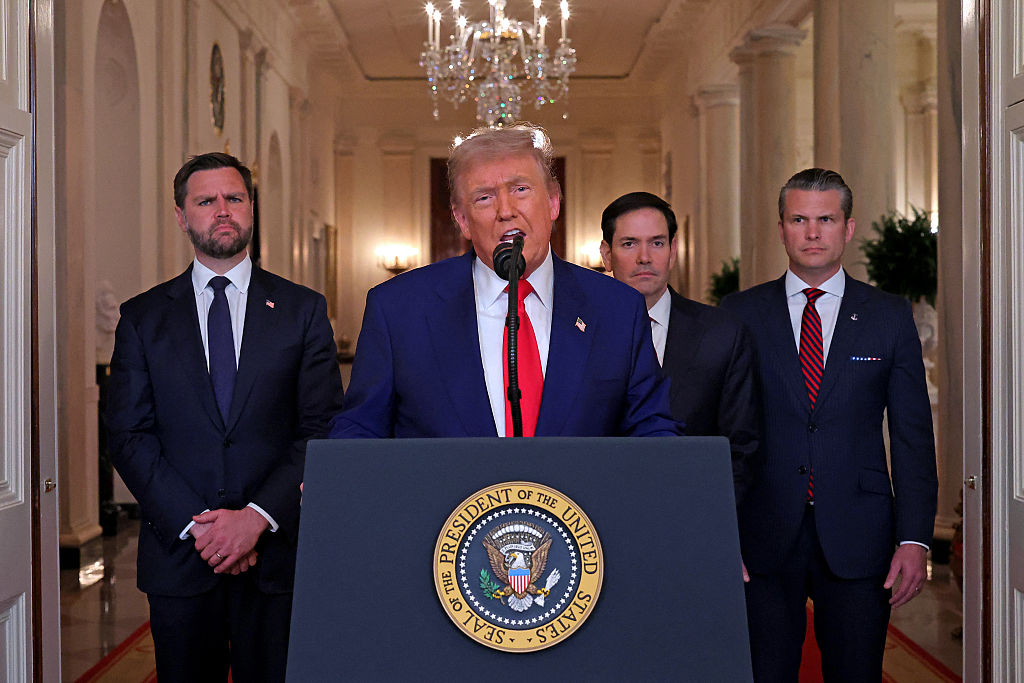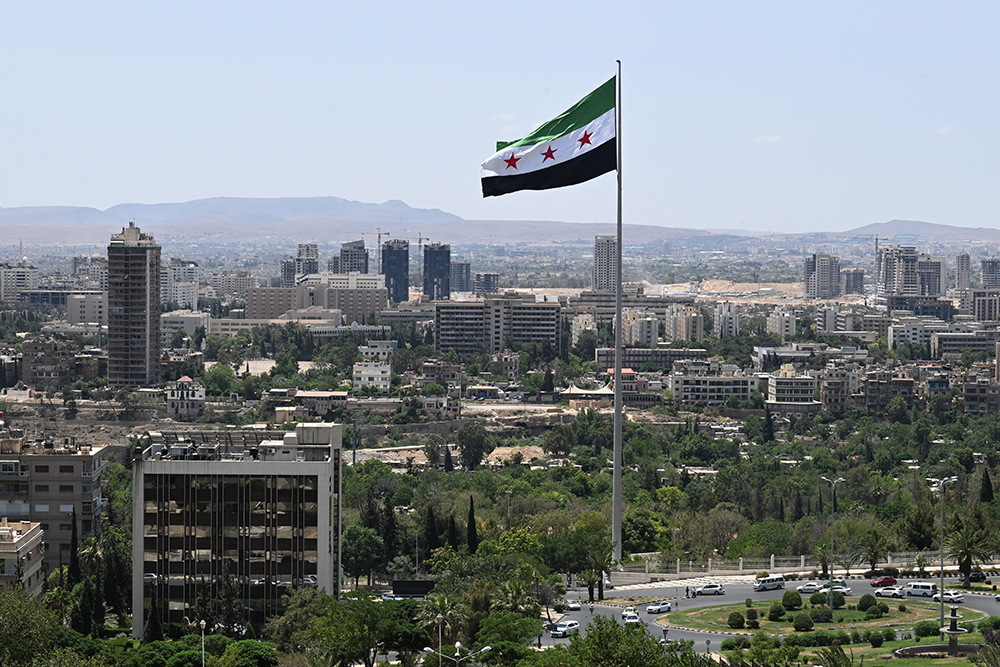Peace isn’t exactly blossoming like rosebuds in the Middle East. The region is still host to a devastating civil war in Yemen, a humanitarian crisis in Syria, sporadic terrorist attacks in Iraq and an endless tit-for-tat between the US and Iranian-backed militias in Iraq and Syria. Indeed, just last night, President Biden authorized several airstrikes against three militia locations in retaliation for a drone attack on an American base in Syria that killed one contractor and injured six others.
But for an area of the world so often regarded as hopeless, the Middle East is suddenly looking like an epicenter of diplomacy.
The most notable recent diplomatic development is the reconciliation accord signed between Saudi Arabia and Iran in Beijing, which aims to re-establish normal diplomatic relations after a seven-year hiatus. Much of the commentary surrounding this deal has focused on China’s role as a mediator and what it says about Washington’s staying power. Some allege that the region is moving on from America and happily diversifying its relations with other big powers; others say China is becoming a more assertive player in the Middle East to the detriment of American power and prestige. Henry Kissinger, the former national security adviser and secretary of state, told the Washington Post’s David Ignatius this week that China “has now made a significant move” toward its goal of becoming a global player.
Obsessing over China’s role, though, blots out the more fascinating story: the possibility of an Iranian-Saudi détente that could sooth some of the region’s most irritable pressure points. The two powers, among the most significant in the Middle East, are also the most troublesome and reactive. The Saudis and Iranians have long viewed one another in a near-existential fashion, quick to exploit whatever opportunities emerge in order to strengthen their positions. When a rebellion began brewing against Syria’s Bashar al-Assad in 2011, the Saudis, hoping Assad’s ouster would be a grand strategic setback for Tehran, wasted no time arming and funding it. Similarly, when Saudi King Salman authorized a bombing operation against the Houthis in Yemen almost eight years ago, the Iranians saw it as a way to bottle up Riyadh in an expensive quagmire (one the Saudis are still trying to extricate themselves from). Every move by one initiated a countermove from the other, and those squeezed in the middle were the ones who got hurt the most.
The Saudi-Iran deal won’t bring immediate tranquility to the region. And it still needs to be implemented, which is no sure thing given the mutually conflicting security interests of the two powers and the inherent hostility that’s been built up over decades. What was announced in Beijing on March 10 wasn’t a peace agreement in the mold of the 1978 Israel-Egypt Camp David Accords, but rather the very early sprinklings of a potential de-escalation. Yet at the very least, getting top-level Saudi and Iranian diplomats into the same room on a regular basis is a small but notable step in the right direction. In 2016, President Obama said to the Atlantic’s Jeffrey Goldberg that Saudi Arabia and Iran needed “to find an effective way to share the neighborhood and institute some sort of cold peace.” The China-brokered arrangement may — and the word “may” must be emphasized here — begin that long process.
Another series of negotiations is playing out, this time in Syria. If Washington was mildly optimistic about the Iran-Saudi discussions, it is outright opposed to the Syria dialogue because it would bring Assad, a war criminal who was once the black sheep of the Arab family, back into the regional fold.
Spurred on by the February earthquake that killed over 7,000 people in Syria, Assad has been jetting around the region, welcoming senior Arab officials, and accepting the world’s condolences. The fact that some of these same Arab officials iced out the Syrian dictator not too long ago only reflects how rapidly things can change in the Middle East. Assad has welcomed the Jordanian, Emirati, and Egyptian foreign ministers to Damascus and flew to Oman and the United Arab Emirates for official talks. Syria’s re-admission into the Arab League, which had suspended the country in 2011, is only a matter of time.
Yet the biggest coup for Assad by far would be the resumption of official ties with Saudi Arabia. After years of flirting behind the scenes — Assad’s younger brother, Maher, was reportedly in the kingdom recently to discuss the terms of normalization — the Syrians and Saudis appear as though they might declare their renewed courtship publicly. On March 23, Reuters ran a story that said Damascus and Riyadh agreed to re-open their embassies after the Muslim holiday of Eid al-Fitr in April. Such a move would demonstrate a considerable shift for Mohammed bin Salman, the Saudi crown prince, who is increasingly showing a pragmatic streak at odds with his reputation as a brash absolutist who shrugs off compromise. Such an arrangement, if carried out, would also suggest that Riyadh and Tehran will no longer use Syria as one of their main staging grounds for proxy warfare.
Let’s get real: all of this diplomacy could break down at any moment for any number of reasons. But thus far, 2023 is challenging some of the most common myths associated with the Middle East.



